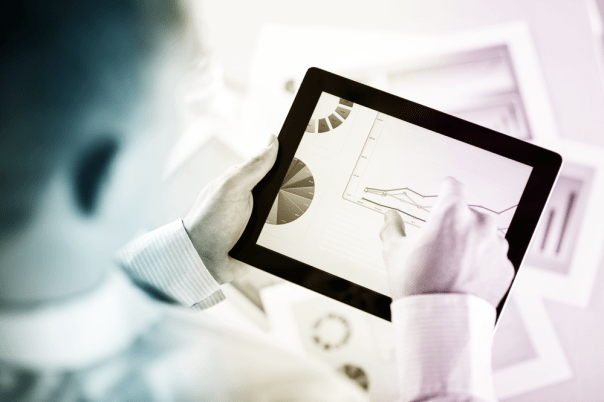
In our daily work, we are regularly confronted with privacy issues: since our company Datarella provides data analytics based on external third party data and internal behavioral data gathered via our app explore, we know what it means to comply with national data protection regulations. And since we are based in Munich and most of our projects are executed in Germany, we naturally comply with Germany’s Datenschutzbestimmungen.
However, the basic motivation for our work originates with an intrinsic need of human beings: people want to know themselves, they want to learn who they are, why they behave the way they do and whether there are ways to improve their lives. For a long time, this noble task of exploring humanity was an exclusive exercise of philosophers, clergy, scientists and other intellectuals. John Doe didn’t have the means, time and leisure to go on this journey of his own discovery.
Today, since we may fly around the world with airplanes, use the internet to look up virtually anything and are always-on(line) thanks to mobile and other wearable devices, we don’t have to study sciences or be some brainy superhero to know the world in general and ourselves in particular. We are able to know ourselves not by visiting Freudian evening classes, but by collecting data about our own behavior. We weigh ourselves, we track our movements, or food intake and our somatic functions.
We quantify ourselves. In the United States, 70% of adults have tracked at least one specific data set regarding their somatic functions. And — let’s be honest — don’t you know your personal bodyweight? There you go — we all quantify ourselves. Not later than you reach your forties, you will start to care more about your body: you see the first signs of age and you ask yourself how to stay “young” a little longer.
That’s at least for the lucky ones, the healthy people who want to optimize their well-being. And then think of sick people, people with chronic diseases such as diabetes, osteoporosis, depression, etc. For them, any improvement of their lives quality is more than nice-to-have, but in most cases the only way to live a decent life without the sternest deprivations. People with chronic diseases are on long-term medication, often suffer from side-effects and depend on support from their physicians and the latest medical professional knowledge. The more they have to rely on others, the less they feel self-empowered. Or — vice versa- the more they can contribute to their convalescence themselves, the more dynamic that process will be.
The Quantified Self movement and with it, wearable tech, has turned the old hierarchical model of exclusive scientific knowledge — some (scientists, doctors) have the means (money, medical devices) to generate knowledge (physical examination) and to execute accordingly (prescribe drugs) — upside-down: now, the patient (everybody) has the means (e.g. $50 for a hemodynamometer) to generate knowledge (the blood pressure app) and to execute accordingly (e.g. change her behavior).
This is nothing less than the democratization of healthcare.
If you personally know people with chronic diseases and you look at the tremendously positive effects they achieve by quantifying themselves, you will never again doubt the meaningfulness and relevance of the Quantified Self. Besides collecting data about their own health, most people share their data with others. Sharing health data means providing a sound basis for research which is essential for exploring illnesses and developing innovative therapies. By sharing their data, people don’t give something away. They rather provide life-saving data to their peers, and therefore the bemefits to society clearly outweigh costs. (For privavy experts: sharing data means sharing data anonymously.)
Whether in healthcare or in other areas of life: in a post-privacy world, privacy is no longer guaranteed or even expected. Let’s face it: privacy has already been eroding on all levels. And do you know why? Privacy has reached its final stage because transparency and sharing are purely beneficial — they facilitate awareness, exploration, innovation, learning, collaboration and, finally, evolution. That’s why there’s no need to fear the loss of privacy — the benefits of transparency and sharing clearly overcompensate any negative effects.
I’m confidently looking forward to very dynamic processes in different areas of life — initiated by the Quantified Self. And I encourage you to participate in that movement! If you’re sceptically, just give it a try: start tracking some of your body functions and you will learn more about yourself. You might wonder about the consequences. And .… please stop mourning privacy — it’s over.